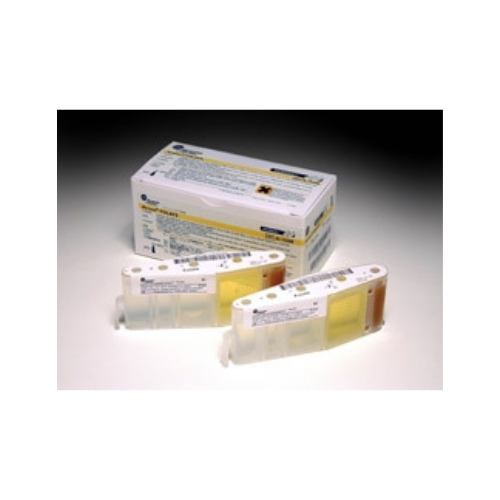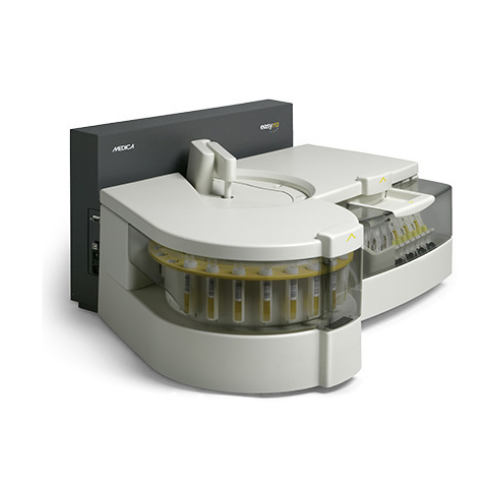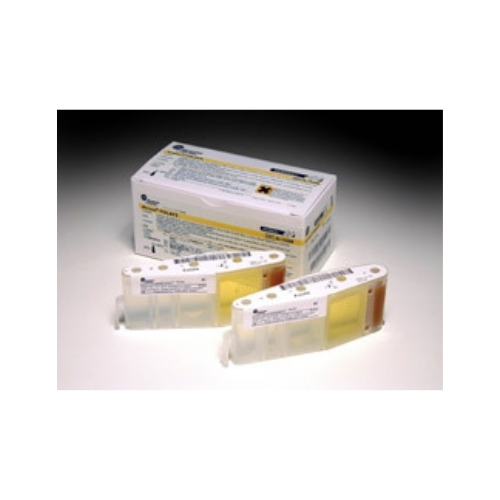For Business Use Only. Does Not Ship to Residential Addresses. For use inside an Analyzer, Sold Separately.
Beckman Coulter Access BR Monitor Reagent, 100 determinations, 2 x 50 tests
Product Code: 387620
Manufacturer: Beckman Coulter
Shipping Weight: 10.00lbs (4.54kg)
Specifications
Brand: Access® BR Monitor
Manufacturer: Beckman Coulter
Country of Origin: United States
Application: Reagent
For Use With: For use with Access Immunoassay Systems
Number of Tests: 2 X 50 Tests
Test Name: CA 15-3
Test Type: Tumor Marker Assay
Intended Use
The Access BR Monitor assay is a paramagnetic particle, chemiluminescent immunoassay for the quantitative determination of CA 15-3 antigen levels in human serum and plasma (heparin) using the Access Immunoassay Systems. This device is indicated for use in the measurement of CA 15-3 antigen to aid in the management of breast cancer patients. Serial testing for CA 15-3 antigen concentrations should be used in conjunction with other clinical methods for monitoring breast cancer.
Summary and Explanation
The CA 15-3 antigen is an epitope on a large mucin-like glycoprotein, which is a product of MUC1. Mucins, present in normal glandular epithelia of various organs, serve to protect and lubricate surrounding cells. In breast cancer, the MUC1 mucin becomes aberrantly glycosylated, overexpressed and released into circulation. Once released into circulation, it may be detected at elevated levels.
CA 15-3 antigen levels are elevated in many patients with epithelial breast carcinoma. Elevated levels of CA 15-3 antigen may also be present in those patients with lung, ovarian, pancreatic, and colorectal cancers, as well as non-malignant conditions including benign breast and liver disease, cirrhosis, and hepatitis. In the United States, breast cancer is a leading cause of cancer death in women, second to lung cancer. In the world, breast cancer has become one of the most common cancers affecting 1 in 10 women.
CA 15-3 antigen, has become a widely recognized breast cancer marker and has been shown to be more sensitive than CEA in detecting recurrence of breast cancer. Increasing CA 15-3 antigen levels may be representative of disease progression, where as, decreasing antigen levels may be associated with disease regression.
The Access BR Monitor assay is not recommended as a screening tool. A value below the cutoff limit does not indicate the absence of breast cancer. Other clinically acceptable tests and procedures should also be considered in the monitoring of breast cancer and good patient management.











